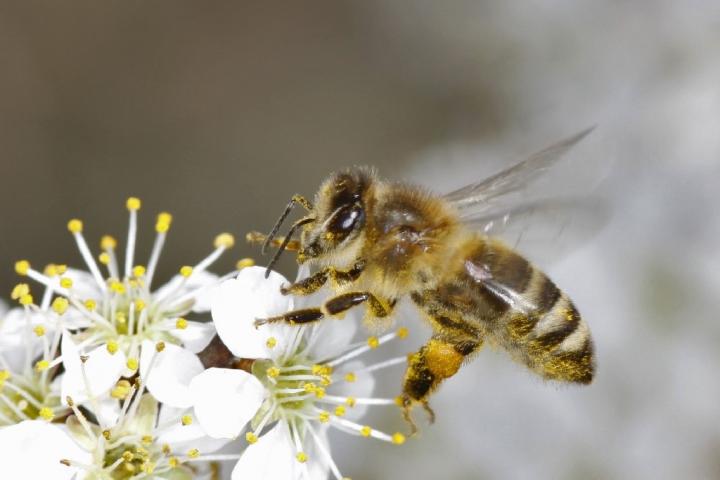Causes of death were once a moving target. For as long as records of bees have been kept, there have been reports of extraordinary die-offs, recorded all the way back to the Dark Ages. Now we know the big problem are pests like varroa mites but there are also concerns about harsh winters, land use, and some environmental groups even try to raise money claiming it might be pesticides used on crops.
To try and create better baseline data, in 2006 the University of Maryland began to survey beekeepers about their losses over the last year. The latest data showed a blip up, just above 6 percent more than the average. Winter losses were reported at 32.2 percent, 3.9 percent higher than average while summer losses were 0.9 percent lower than last year but 8.6 percent higher than the average using estimates from the last 15 years.
Does that mean a Beepocalypse is occurring? Not at all. Not anywhere. There is no population decline, though in worse years beekeepers likely increase numbers to offset revenue losses.

It's also important to note that surveys can't be definitive because they are inconsistent. When beekeeping became a fad, for example, because some believed claims that pesticides might be killing them, it ironically caused a lot more dead ones. The beekeepers surveyed only account for about 7 percent of managed bees in the US. Anyone watching results of elections go opposite of what surveys predicted knows that 93 percent can make a lot of difference.
But we can't count bees so it's the best available data.
Surveys can provide interesting correlation. The major loss issue for beekeepers will aways be varroa mites but the report notes one other factor that merits inclusion; since bees need a queen before major pollination, commercial beekeepers send in new queens during the summer - but only half of backyard beekeepers do.
That may be why commercial beekeepers have fewer losses in the winter and depending on who answers surveys from year to year, why there may be even less variation than survey data show. Or more. That's always going to be a problem. Activists looking to fundraise can always find something in surveys to raise an alarm about, even if bees are everywhere.
NOTE:
(1) Which may be tied with rice as the dumbest thing grown in California, a state that is primarily desert.





Comments